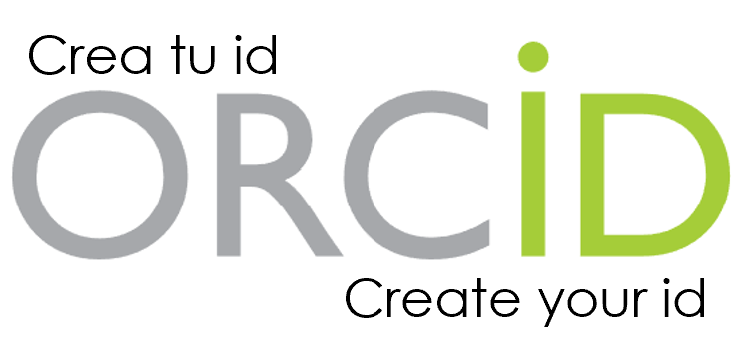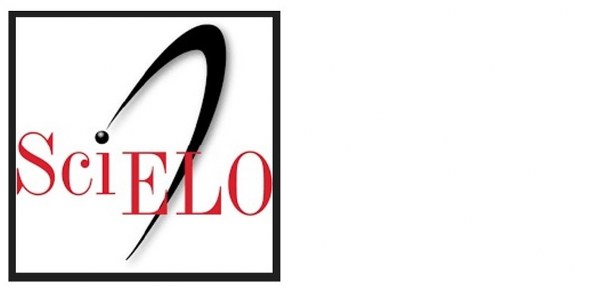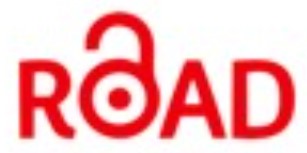Peer Evaluation
Arbitration process
The Journal of Science and Construction undertakes that every article received will be submitted to an arbitration process, applying a combination of simple and double-blind peer review. The Journal of Science and Construction uses external evaluators for its reviews. The refereeing of the articles has two purposes: the first, to decide whether or not to publish the evaluated article; and the second, to get the authors to value, in terms of recommendations, some opinions on the research results they present. The journal sends each manuscript to two reviewers for evaluation; however, if there are contradictions in the criteria, it will be sent to a third peer reviewer.
To carry out the arbitration, the elements indicated in the article evaluation guide must be considered. This guide is made up of two parts: one, related to the quality criteria of the evaluated article; and the other, referring to the final ruling of the arbitrator. In the comments, the referee may reflect both the arguments on the evaluation of each question and incorporate some recommendations regarding the content.
The referee's criteria on the article must be sent to the email of the journal (rcc@civil.cujae.edu.cu) or to the main editor of the journal (ingridfl@civil.cujae.edu.cu) within a period of no more than 15 days after receiving it.
If any changes are requested in the article, the author(s) must confirm whether they agree to make them. If there is no response within a period of 7 days, the Editing Committee will consider that the changes are not accepted, which is why the article will be considered rejected. If your modification is accepted, the author(s) must resend the modified article to the editor of the journal within a period of no more than 15 days, after notifying the initial evaluation of the article.
The authors, upon accepting the publication of their proposal, automatically transfer to the journal the economic rights thereof to proceed with its electronic dissemination and use, both by the scientific community and by the journal itself, at no cost. The contents developed in the texts are the responsibility of the authors, and therefore do not necessarily coincide with the point of view of the Editing Committee or the Scientific Arbitration Committee. At the discretion of the Editing Committee, articles of criticism, defenses and/or comments on articles published in the magazine may be accepted.
Thanks to the OJS, authors will be able to follow up on the different phases of the editorial process.
Evaluation criteria
- The article has a high academic content, coming from a detailed study or research, with solid theoretical bases and clear results.
- The claims are supported by consistent and solid argumentation. The article is built from clear, exhaustive and relevant theory to the topic.
- Interesting, relevant and pertinent empirical research is presented. Likewise, a rigorous and thorough analysis of the information is carried out.
- The methodology used is appropriate for the topic of study and is consistent with the theoretical framework presented. In addition, a detailed description of the methodology is made.
- Use of language, writing, clarity of presentation and organization of ideas.
- A contribution of thesis or new knowledge on the topic is presented (Originality).
- The citations have their corresponding bibliographic reference and have a minimum of 50 percent updated references within the last 5 years.
- No less than 70 percent of the citations must be taken from works in scientific journals indexed in recognized databases.
- The conclusions take into account the objective of the article and return to the main ideas discussed.
- The article is of interest to readers of the journal.
- Comments are allowed within the text through comment boxes or color highlights to indicate more specific observations.
- The form and article will be reviewed and modified before being sent to the author(s). Likewise, a letter will be delivered indicating whether it is approved, rejected or the request for recommendations to improve the text.
- In the event that the author(s) do not approve any clause of the opinion, they will write to the Editor of the Journal with a reasoned explanation of the disagreement for consideration.
- Once the article returns with the corrections included by the author(s), it will be reviewed again by the Editor to verify that the observations were addressed correctly.
- The final decision for the publication or rejection of an article corresponds to the Director, the Editor and the Editorial Board of the Journal, who will take into account the opinion of the reviewers, without it being mandatory.
Opinion of the peer evaluators
The result of the evaluation can be:
- Approved without modifications. Authors are requested to transfer rights.
- Subject to corrections. Authors are given a period of two weeks to make the corresponding adjustments.
- Not accepted. The article is removed from the editorial process of the OJS magazine manager.










